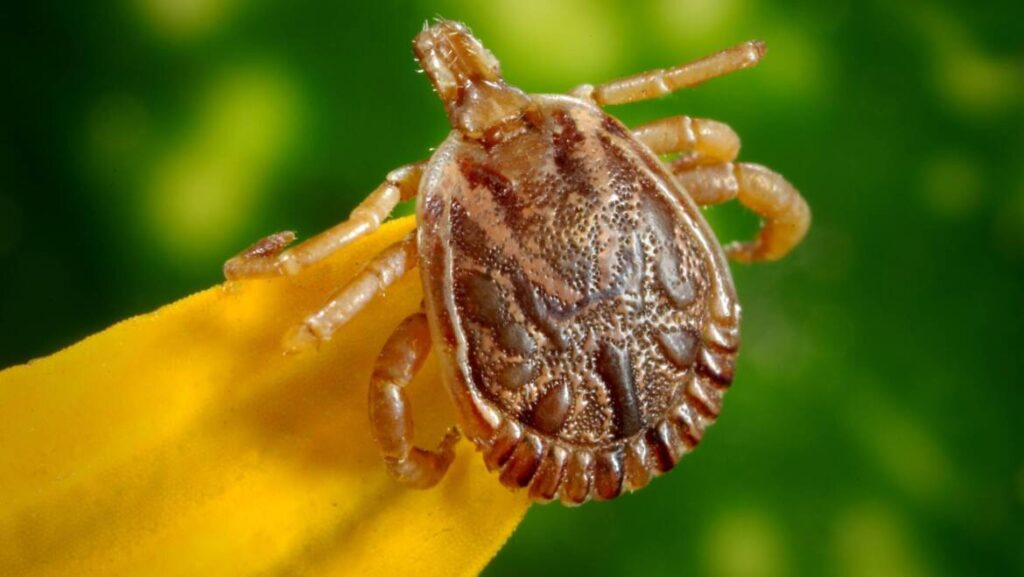
The Great Escape Artists: Why Rats are So Hard for Homeowners to Exterminate
Rats have been plaguing humans for centuries, spreading diseases, contaminating food, and causing structural damage. Despite the advancements in pest control technology, rats still manage to outsmart us and remain a challenge for homeowners to exterminate. In this blog post, we will delve into the reasons behind the difficulty in exterminating rats and provide insights on how to tackle these intelligent and adaptive creatures.
Remarkable Adaptability
One of the primary reasons rats are so difficult to exterminate is their incredible adaptability. They can thrive in various environments, from urban cities to rural farmlands. Rats can also adjust their behavior and learn from experience, enabling them to avoid potential threats, such as traps and poisons.
Rapid Reproduction
Rats reproduce at an alarming rate, with a single female rat capable of producing up to 60 offspring per year. This rapid reproduction makes it difficult for homeowners to keep up with the increasing rat population, as even a small number of rats can quickly turn into a full-blown infestation.
Extraordinary Climbing and Gnawing Abilities
Rats are agile climbers and can effortlessly scale walls, trees, and pipes. They can even climb up brick walls and walk along thin electrical wires. These climbing abilities make it difficult for homeowners to seal off entry points, as rats can exploit the smallest openings in a building’s exterior.
Moreover, rats have incredibly strong teeth and can gnaw through a variety of materials, including wood, plastic, and even concrete. This gnawing ability allows them to create new entry points, further complicating extermination efforts.
Nocturnal Behavior
Rats are primarily nocturnal creatures, which means they are most active during the night when humans are asleep. This nocturnal behavior allows rats to avoid detection and engage in their destructive activities without interruption, making it difficult for homeowners to assess the extent of the problem and take appropriate action.
Neophobia
Neophobia, or the fear of new things, is another trait that makes rats difficult to exterminate. Rats are cautious creatures and may avoid new objects, such as traps or bait stations, until they have observed them for an extended period. This cautious behavior can significantly reduce the effectiveness of traditional extermination methods.
Developing Resistance to Poisons
Over time, rats have developed resistance to many commonly used rodenticides. As a result, exterminators and homeowners are constantly seeking new, more potent poisons to combat rat infestations. This continuous adaptation of rats further complicates extermination efforts.
Conclusion
Rats are intelligent, adaptable, and elusive creatures that pose a significant challenge to homeowners attempting to exterminate them. Their remarkable adaptability, rapid reproduction, extraordinary climbing and gnawing abilities, nocturnal behavior, neophobia, and resistance to poisons make them formidable adversaries.
To effectively tackle rat infestations, homeowners should adopt a multi-pronged approach that includes sealing off entry points, using a combination of traps and baits, and enlisting the help of professional pest control services when necessary. By understanding the unique challenges that rats present, homeowners can work towards successfully eradicating these resilient pests.
If you would like a customized approach to your rodents problems you can always call the professionals from USS Pest Control at (212)-380-3491 to take care of all your Pest Management needs.



